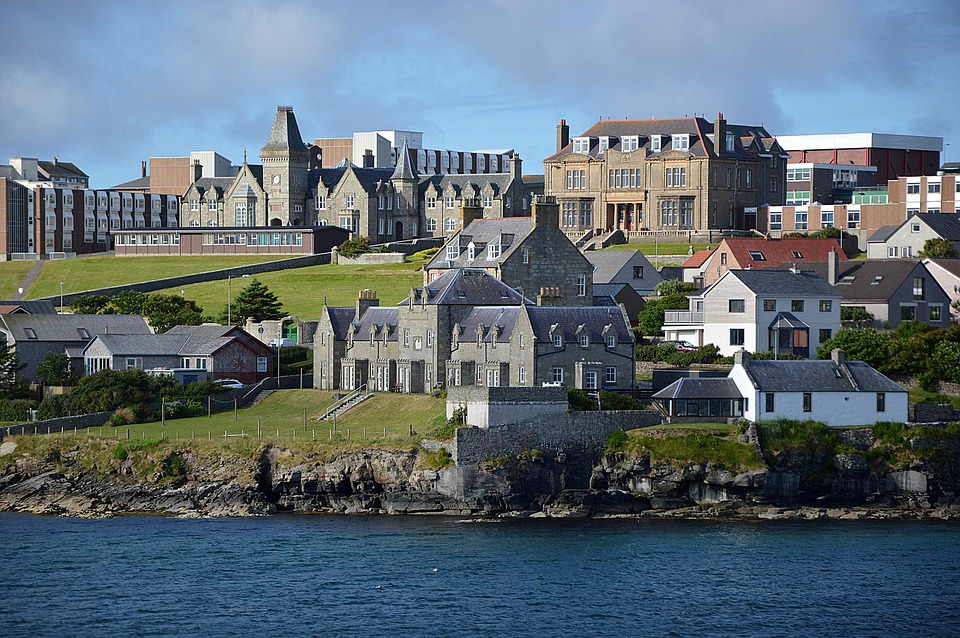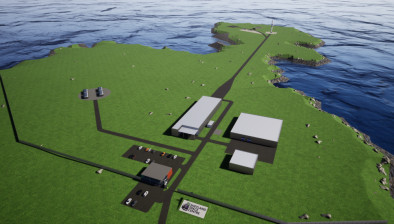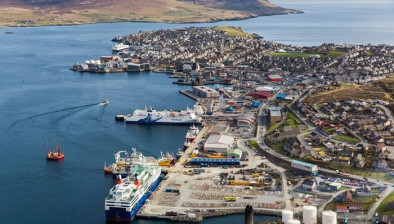Shetland islands connection planning at ‘advanced stage’

A project aimed at connecting all of Shetland’s main islands by either a tunnel or a new ferry is now at an advanced planning stage, the local authority has revealed.
Shetland Islands Council has lobbied both the UK and Scottish Governments regarding its ‘Shetland Short Crossings Project’, sharing the ‘Shetland Forward’ document to support its aspirations on short crossings, and on maximising benefits from renewable energy projects.
A meeting has now been secured with Alister Jack, MP, the Secretary of State for Scotland, to discuss interisland connectivity, and discussions are ongoing with the Scottish Government on the issue.
Shetland’s inter-island ferry service is the social and economic backbone of the islands, with a fleet of 12 vessels sailing around 70,000 times a year to nine islands, carrying roughly 750,000 passengers.
However, the fleet is, on average, over 30 years old - almost six years older than the average Caledonian MacBrayne vessel. A number of these vessels are already operating beyond their intended life, and are a major contributor to the islands’ carbon emissions.
The Shetland Short Crossings Project has been established as an umbrella to combine the advanced work being done on planning the replacement of every ferry with either a new vessel or a tunnel.
There are currently four tunnels being planned - from the mainland to Yell; Yell to Unst; the mainland to Whalsay; and to Bressay. Various funding options are being scoped - liaison is ongoing with the UK Government to assist with the tunnels to the north isles which would connect the mainland with the SaxaVord Spaceport, and discussions are ongoing with the Scottish Government to assist with the tunnels on the east side.
The council’s political leader, Cllr Emma Macdonald: “The importance of the interisland transport network to life in Shetland cannot be overestimated. It is the very definition of a lifeline service, and is the social and economic backbone of the islands.
“However, there are a handful of vessels which are already operating past their intended lifespan. If they are not replaced now, either by tunnels or new ferries, there is a material risk to lifeline services to Shetland’s islands.
“We understand that any project to replace ageing ferries with new vessels, or with tunnels, cannot be expected to be solely the responsibility of central government. Just as our islands’ incredible energy resources should be a shared benefit between Shetland, Scotland and the UK, the transportation between those islands should be a shared cost.
“This is the fairness which lies at the centre of our partnership; Shetland, Scotland and the UK sharing costs, and sharing benefits. In March, Shetland Islands Council committed to spend up to £700k on developing business cases and further work on the project; this is obviously a serious commitment of resources, and the time has now come for both the Scottish and UK Governments to make clear the level of their commitment to our partnership.
“I have written to both First Minister Humza Yousaf MSP, and Alister Jack MP, the Secretary of State for Scotland, asking for a summit to discuss transport connectivity - as well as digital connectivity and community benefit from renewable energy – and I’m pleased to confirm Mr. Jack has agreed to meet with me on those issues. Our discussions continue with the Scottish Government and I look forward to hearing from them in due course.”























